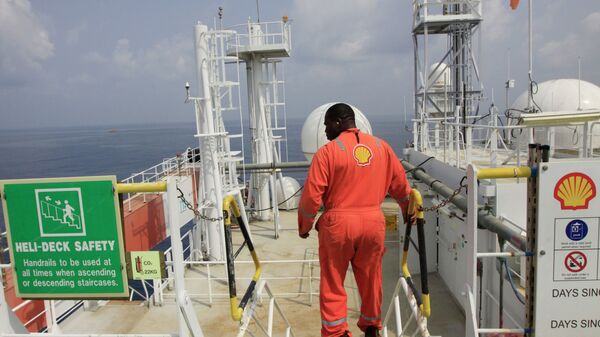On the same day, Premier Oil said it would not proceed with its $2 billion Sea Lion project on the Falkland Islands while oil prices remain below $50 a barrel. In November the British oil giant said it would develop smaller portion of project when previously thought to cut the costs.
On January 1, it was reported that Saudi state oil giant Aramco decided to suspend plans to construct a $2 billion clean fuels plant at its refinery in Ras Tanura. And in December, US Chevron Corp said it would indefinitely halt its plans to drill a deepwater well in the Beaufort Sea in the Arctic, citing, again, economic uncertainty in the industry. The Arctic drilling program was announced in 2009. Chevron was expected to implement it before 2020.
While most are merely making savings on future projects, several industry giants are being forced make cuts. On Thursday, BP announced its decision to cut 300 out of the company's 3,500 North Sea oil fields jobs. According to SkyNews, the move will help BP save $1 billion annually.
The Canadian oil sands giant Suncor Energy Inc is planning to save the same sum by cutting 1,000 jobs. Calgary-based Suncor Energy announced its decision on Tuesday of this week. "Today's spending reductions are consistent with our commitment to spend within our means and maintain a strong balance sheet. We will monitor the pricing environment and take further action as required," Steve Williams, the company's president, said in a statement.
Other major players announced jobs cuts as early as July (Chevron, 225 jobs) and August, 2014 (Shell, 250 jobs) when oil prices were only beginning to go down.
The price per barrel of Brent Crude Oil dropped to $46 this week from $115 in June, 2014. Earlier this week, US Goldman Sachs analyst Jeff Currie said that over the next six months the Brent price may fall to $43 per barrel returning to $70 only by September.




